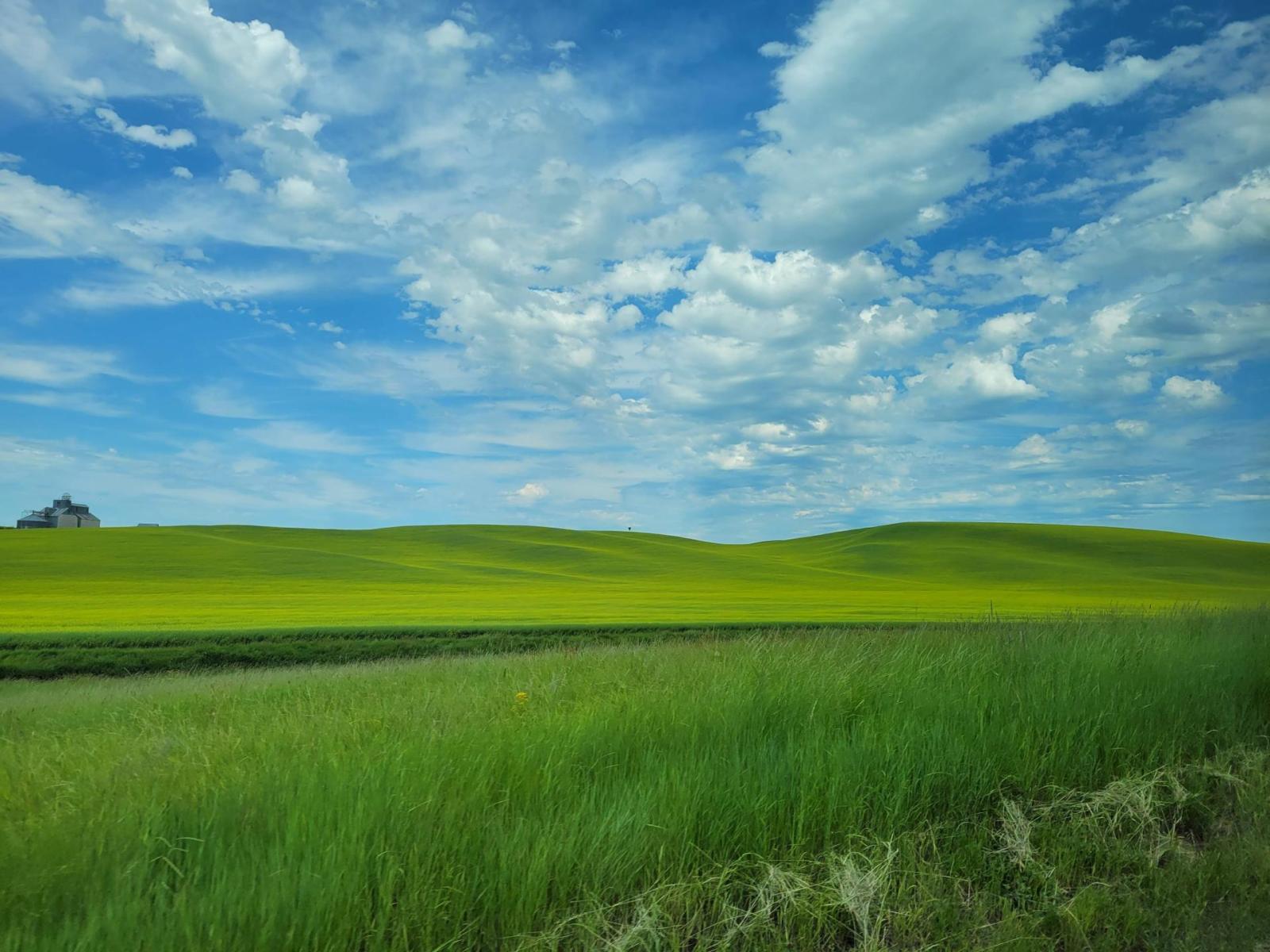NIARR’s mission is to build a robust transdisciplinary and collaborative community that will act as a hub for conducting long-term, multi-scale research focused on resilient socio-ecological agricultural systems. NIARR will investigate resilience and vulnerability to regime shifts at multiple spatial and temporal scales in complex socio-ecological agricultural landscapes across North America.
Our goal is to drive theoretical and data science advances and develop practical applications to understand, reduce, and mitigate the vulnerability of the coupled human and biophysical dimensions of agricultural systems to regime shifts within and across multiple scales.
Funding
NIARR was funded by a National Science Foundation Dynamics of Integrated Socio-Environmental Systems (DISES) Research Coordination Network grant.
Objectives
Objective 1. Transcend geopolitical, institutional, and disciplinary boundaries to develop critical continental-scale collaborative priorities and facilitate shared learning between partners and across borders that focuses on socio-environmental resilience in agroecosystems in a time of profound changes in climate, depletion of natural resources, increased demands for food and decline in rural prosperity.
Objective 2. Co-generate a research agenda focused on the socio-environmental resilience of agricultural landscapes at multiple spatial and temporal scales centered on the resilience concepts of heterogeneity and scale, thresholds, and regime shifts.
Objective 3. Build sustainable network infrastructure to maintain the network into the future and allow the network to transition from developing a novel research agenda, to executing the research agenda.
Creating a network of networks will provide complementary expertise and pathways for collaboration and sharing of expertise and data that do not currently exist to address critical questions of agricultural resilience at multiple scales, across diverse agricultural landscapes, and inclusive of both social and environmental dimensions of agricultural systems. It is at the intersection of these networks and outreach to new partners that we have the capacity to develop theory and implement process-guided advanced data science to address broad scale questions of resilience in agricultural landscapes that transcend the limitations and constraints imposed by data collection, data availability, institutional mandates, and geopolitical borders.
